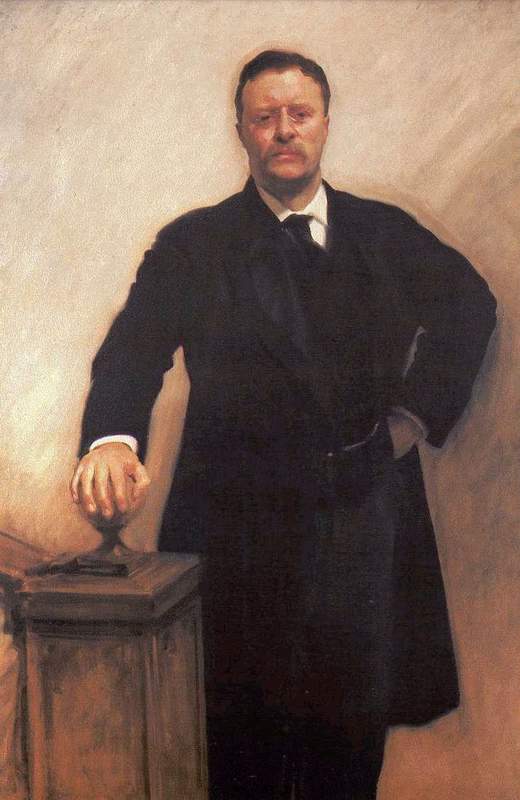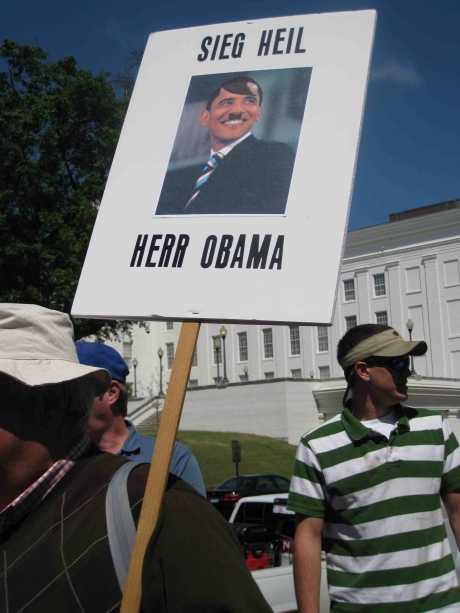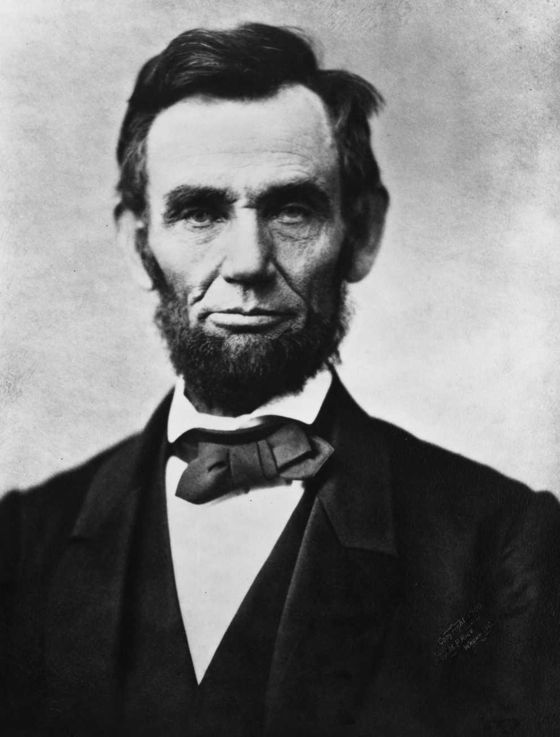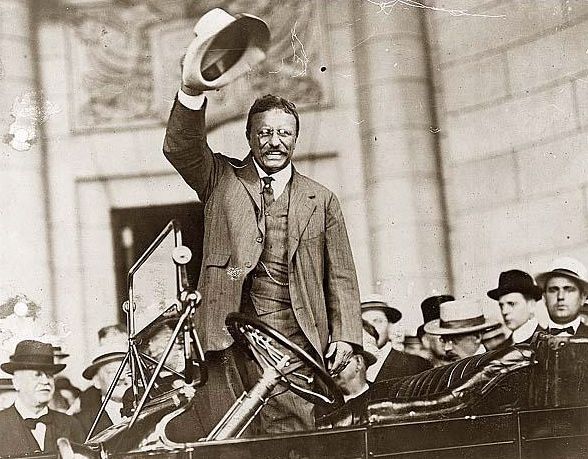
Contrary to the opinion of some — including Barack Obama, apparently — independent voters are not attracted to “safe”, middle-of-the road candidates. They are attracted to candidates who can convey passion and vision in an appealing way. This is why independents voted overwhelmingly for Ronald Reagan — and also for Barack Obama. These men offered strikingly different visions of America and how its government should work, but both made people feel good about America, made them feel that America belonged to them, and to the future.
Retreating from the vision he conveyed so powerfully during his campaign, trying to govern from a wishy-washy middle, with no discernible passion or convictions, Obama has totally lost independent voters and much of his base. He is taking down the Democratic Party with him. Meanwhile, the Tea Partiers, with an excess of passion, though a somewhat wobbly vision, are attracting the independents who put Obama into office. The Tea Party has no coherent or rational program, but it has stolen the narrative that Obama won with — this country belongs to us, it's broken and we can fix it.
That the Tea Party can have had such success without a program is evidence that the nation is ready for a third party. A third party of genuine vision, with the passion of the Tea Party but eschewing its uglier and nuttier aspects, could change the face of American politics.

Fully one half of American citizens today between the ages of 19 and 29 identify themselves as independents — they have no loyalty to either of the major parties. That percentage is not likely to fall in the years ahead, given the current unattractiveness of the major parties, and new generations coming of voting age will likely swell their ranks decisively. (Within five years, millennials will represent one third of the electorate.) This means that one major barrier to the success of a third party, the inertia of trans-generational party loyalty, is crumbling before our eyes.
The extremism of the Tea Party fringe is creating quiet but real unease among moderate Republicans, and the Democratic Party's outright betrayal of its progressive base is creating divisions on the left that are becoming increasingly bitter.

These are the kinds of conditions that have given birth to successful and near-successful third parties in America's past. The withering of the Whig Party and the divisions in the Democratic Party opened a way for the Republican Party in 1854. The Republicans, with their passion and vision, put their candidate, Abraham Lincoln, into the Presidency in 1860, just six years after the party was founded.
In 1912, when the former Republican President Teddy Roosevelt felt that the current Republican President Taft had betrayed the progressive ideals of the Republican Party, TR founded the American Progressive Party, popularly called the Bull Moose Party, during the election year, and it actually outpolled the Republican Party in the elections. There's no telling what success TR might have had if he'd founded his party even a year earlier.
This is one reason for progressives to stop rewarding Democrats for their failure and cowardice and to start looking for an alternative immediately. With the failure of TR's third party in 1912, common-sense trust-busting progressivism would never again be a significant force on the American right. If the anti-slavery activists of 1854 had decided to stick with the foundering Whig Party for just a few more years, hoping it would come to its senses, there might never have been a President Abraham Lincoln. There is a tide in the affairs of men . . .

The first tenet of TR's Progressive Party was this — “To destroy this invisible Government,
to dissolve the unholy alliance between corrupt business and corrupt
politics is the first task of the statesmanship of the day.” This is a philosophy directly relevant to the crisis of our own times, a crisis in which the survival of our democracy, under assault from the organized monied interests, the “trusts”, as TR would have called them, is at stake. It's a philosophy that, properly framed by a charismatic leader, could draw support from the baffled but passionate Tea Partiers and from the disenchanted Democratic base. Most importantly, it could appeal powerfully to the young, independent voters whose numbers are swelling rapidly.
The time has come.
